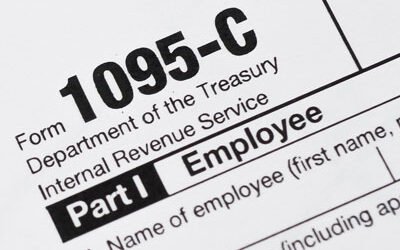by Sarah Black
Picture this: the company you work for requires a financial statement audit this year. Maybe you get one done every year. While discussing the details with your auditor, you mention some new grant funding you received from the federal government during the fiscal year being audited. The auditor immediately asks how much you received and how much you spent during the year. You tell them, and then the auditor informs you that not only will your company need a “regular” audit of the financial statements, but also an additional “Single Audit” that will require more time, testing, and costs. The company has never needed one in the past, so do you really need a Single Audit this year?
A Single Audit is required when a non-federal entity expends $750,000 or more in federal awards during their fiscal year. The awards can be direct (straight from the federal government) or indirect (from another non-federal entity). Because it is based on grant expenses for one year at a time, not every company will need a Single Audit every year. Many companies have needed a Single Audit for the first time in recent years due to increased grant funding related to COVID and may not need one again.
In a financial statement audit, the auditor provides their opinion on whether the financial statements as a whole are presented fairly. The purpose of the Single Audit is to determine if award recipients are compliant with direct and material compliance requirements for each major program. Don’t worry too much about which of your programs are major – the auditor determines this during their testing procedures. Typically, these are your bigger or riskier grants. Federal agencies use Single Audit reports and findings to address problems at the grantee level or to implement changes or improvements to federal programs. It also provides assurance about the company’s internal controls over compliance.
You may be asking yourself, “How can I avoid having this Single Audit done?” If your company has already crossed the $750,000 threshold of federal grant expenditures in a single fiscal year, unfortunately you are already subject to this type of audit and cannot avoid it. However, some grants are not required to be fully spent in the same year. With some planning and discussions with management, you can avoid a future Single Audit by keeping grant spending below the $750,000 threshold. Keep in mind though, that this $750,000 is per company and not per grant. Furthermore, this type of maneuvering may not be possible depending on the compliance requirements of certain grants and/or company needs.
As always, you can reach out to your auditor or any of us in the BCS audit department for more information on grant compliance and Single Audits.




